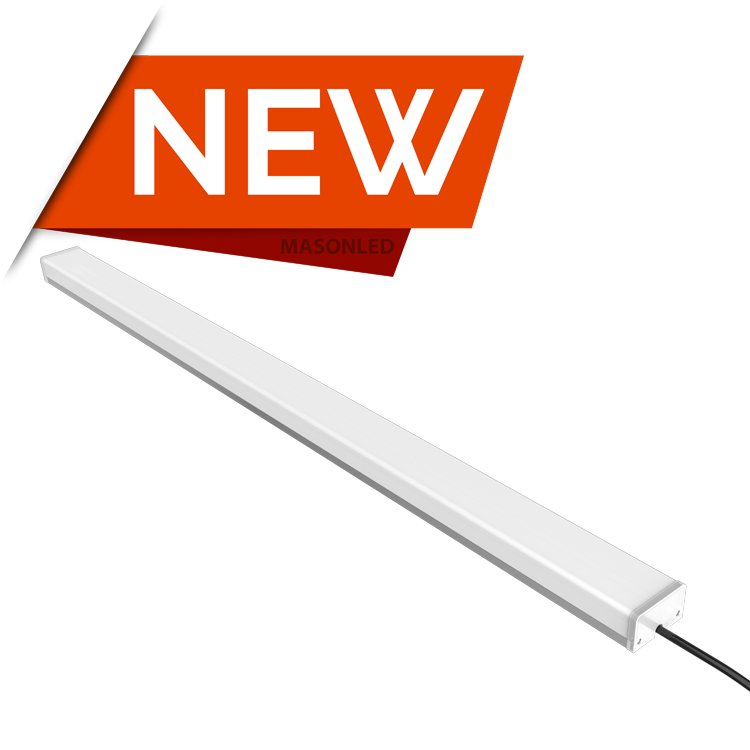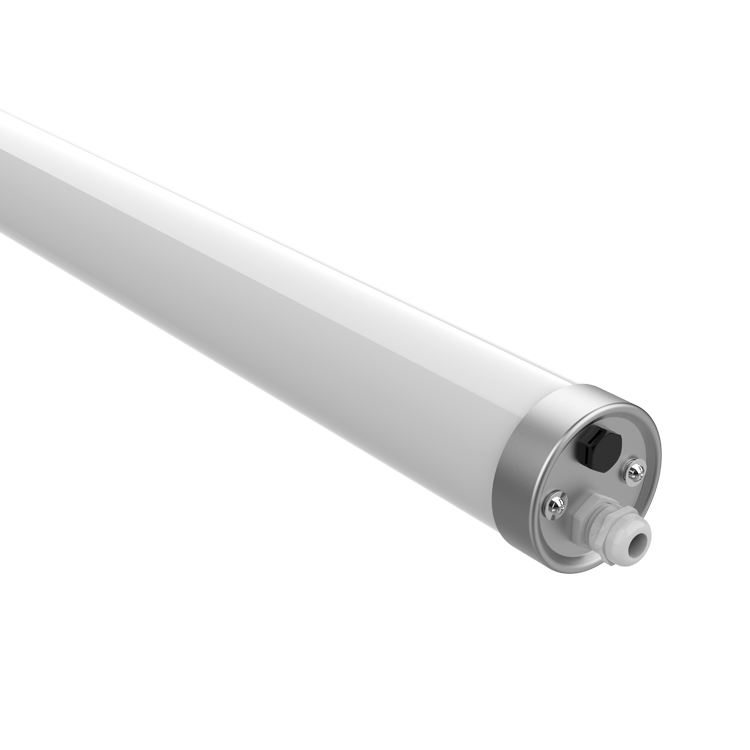-1.png)
In recent years, the global market for LED lighting has surged, with estimates suggesting that by 2025, the value of this industry could exceed $100 billion. Among various innovations in this field, led lights with triple proof—resistant to water, dust, and impact—have emerged as a significant advancement. This article aims to explore their legal attributes within international law and treaties.
The Legal Characteristics of LED Lights with Triple Proof
LED lights with triple proof are designed not only for durability but also for compliance with various legal standards and regulations. These products must adhere to safety guidelines set forth by national and international bodies such as ISO (International Organization for Standardization) and IEC (International Electrotechnical Commission). Furthermore, they often fall under environmental regulations aimed at reducing energy consumption and promoting sustainability. In terms of International Law and Treaties, these products reflect a commitment to adhering to agreements focused on climate change mitigation and sustainable development goals.
Mason’s Contributions in International Law Regarding LED Technology

Mason’s work highlights critical aspects related to how international law governs technological advancements like LED lighting systems. His analysis emphasizes the importance of harmonizing domestic laws with international treaties that promote energy efficiency technologies. Mason argues that adherence to these frameworks is essential not only for manufacturers but also for consumers who benefit from safer and more efficient lighting solutions globally.
Characteristics of Custom Solutions in LED Street Lighting Under International Law
- Sustainability Compliance: Custom solutions must meet specific environmental standards outlined in treaties such as the Paris Agreement.
- Safety Regulations: Adherence to safety protocols established by organizations like ANSI (American National Standards Institute) ensures public safety during installation and use.
- Cultural Considerations: Custom designs may need adjustments based on local cultural norms or aesthetic preferences while still complying with broader regulatory frameworks.
- E-Waste Management: The disposal methods employed must align with international e-waste management directives aimed at minimizing ecological footprints.
- User Accessibility: Ensuring accessibility features comply with both local laws regarding disability rights as well as broader human rights conventions is crucial when designing custom street lighting solutions.
A Conclusion on the Legal Framework Surrounding LED Lights With Triple Proof
This exploration into the legal attributes surrounding LED lights equipped with triple proof technology reveals their significance within International Law and Treaties. As we navigate an increasingly regulated environment concerning sustainability practices, it becomes evident that compliance is paramount—not just legally but ethically—as we strive towards a greener future through innovative technologies like these advanced lighting systems.
Click led street lighting custom solution.